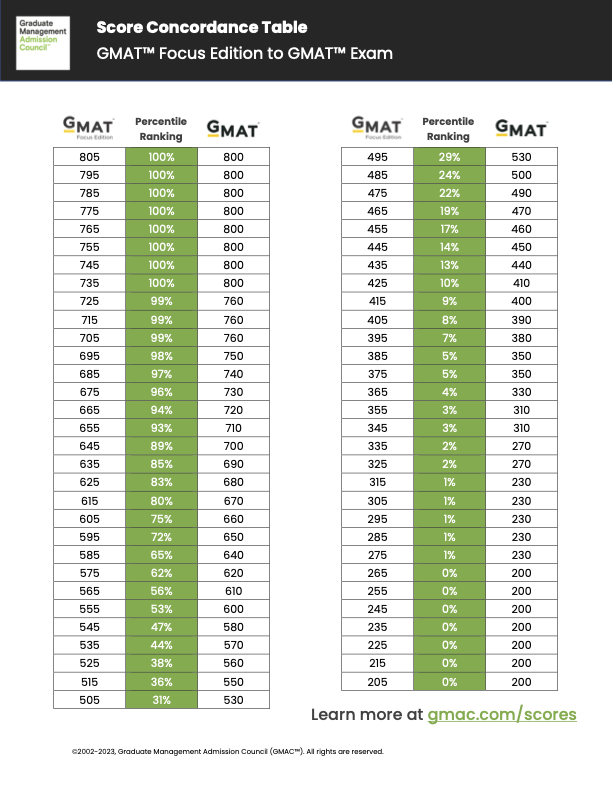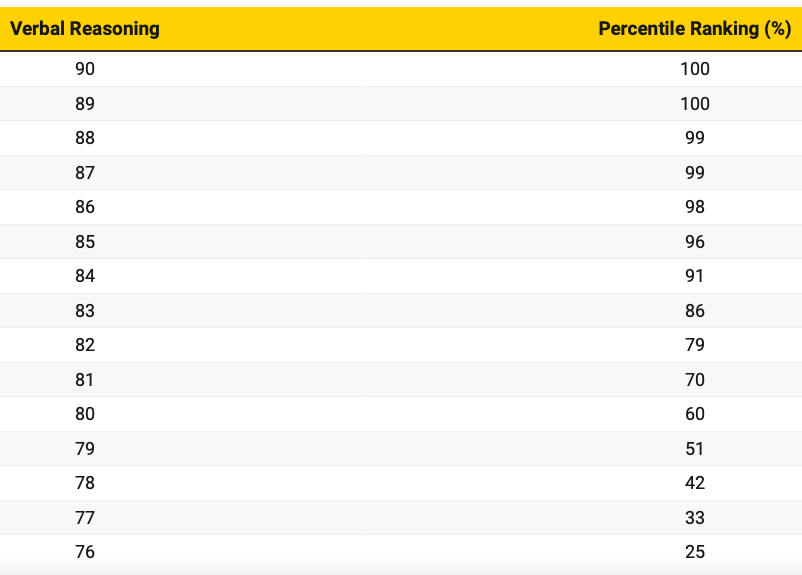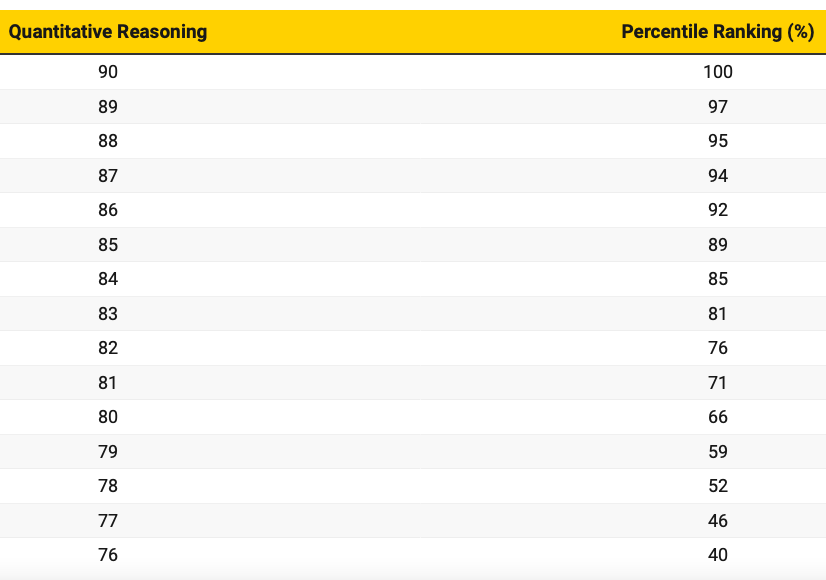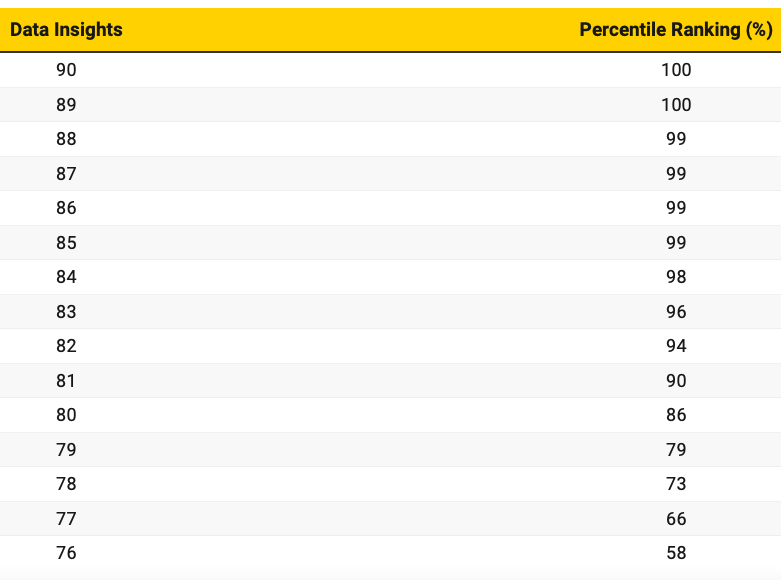Events & Promotions
|
|

GMAT Club Daily Prep
Thank you for using the timer - this advanced tool can estimate your performance and suggest more practice questions. We have subscribed you to Daily Prep Questions via email.
Customized
for You
Track
Your Progress
Practice
Pays
Not interested in getting valuable practice questions and articles delivered to your email? No problem, unsubscribe here.
- Nov 20
07:30 AM PST
-08:30 AM PST
Learn what truly sets the UC Riverside MBA apart and how it helps in your professional growth - Nov 20
01:30 PM EST
-02:30 PM IST
Learn how Kamakshi achieved a GMAT 675 with an impressive 96th %ile in Data Insights. Discover the unique methods and exam strategies that helped her excel in DI along with other sections for a balanced and high score. - Nov 22
06:30 AM PST
-08:30 AM PST
Let’s dive deep into advanced CR to ace GMAT Focus! Join this webinar to unlock the secrets to conquering Boldface and Paradox questions with expert insights and strategies. Elevate your skills and boost your GMAT Verbal Score now! - Nov 22
11:00 AM IST
-01:00 PM IST
Do RC/MSR passages scare you? e-GMAT is conducting a masterclass to help you learn – Learn effective reading strategies Tackle difficult RC & MSR with confidence Excel in timed test environment - Nov 23
11:00 AM IST
-01:00 PM IST
Attend this free GMAT Algebra Webinar and learn how to master the most challenging Inequalities and Absolute Value problems with ease. - Nov 24
07:00 PM PST
-08:00 PM PST
Full-length FE mock with insightful analytics, weakness diagnosis, and video explanations! - Nov 25
10:00 AM EST
-11:00 AM EST
Prefer video-based learning? The Target Test Prep OnDemand course is a one-of-a-kind video masterclass featuring 400 hours of lecture-style teaching by Scott Woodbury-Stewart, founder of Target Test Prep and one of the most accomplished GMAT instructors.
Kudos
Bookmarks
Thank you so much ExpertsGlobal5!
Really appreciate the news and feedback from the GMAC test prep summit!
PS. Just had a chance to read through all the updates. It’s a lot! I think changing difficulties of sections based on the previous section performance is a huge change. This seems to have quite a number of implications and a greater difficulty in figuring out how scoring works…
Really appreciate the news and feedback from the GMAC test prep summit!
PS. Just had a chance to read through all the updates. It’s a lot! I think changing difficulties of sections based on the previous section performance is a huge change. This seems to have quite a number of implications and a greater difficulty in figuring out how scoring works…
Originally posted by ExpertsGlobal5 on 30 May 2023, 12:45.
Last edited by ExpertsGlobal5 on 30 May 2023, 13:44, edited 1 time in total.
Last edited by ExpertsGlobal5 on 30 May 2023, 13:44, edited 1 time in total.
Kudos
Bookmarks
One more point (duly added in the original post):
- We requested that GMAC put efforts to ensure that the b-schools (and student community) understand that ~655 is the new 700 and ~705 is the new 760 to avoid psychological benchmarks attached with such scores over so many years; they confirmed that they are working in that direction.
- We requested that GMAC put efforts to ensure that the b-schools (and student community) understand that ~655 is the new 700 and ~705 is the new 760 to avoid psychological benchmarks attached with such scores over so many years; they confirmed that they are working in that direction.
mcelroytutoring
 Expert
Expert
Tutor
Joined: 10 Jul 2015
Last visit: 15 Nov 2025
Posts: 1,204
Given Kudos: 282
Status:Expert GMAT, GRE, and LSAT Tutor / Coach
Affiliations: Harvard University, A.B. with honors in Government, 2002
Location: United States (CO)
Age: 45 (10 years and counting on GMAT Club!)
GMAT 1: 770 Q47 V48

GMAT 2: 730 Q44 V47

GMAT 3: 750 Q50 V42

GMAT 4: 730 Q48 V42 (Online)

GRE 1: Q168 V169

GRE 2: Q170 V170

Expert reply
Originally posted by mcelroytutoring on 30 May 2023, 12:49.
Last edited by mcelroytutoring on 01 Jun 2023, 12:41, edited 15 times in total.
Last edited by mcelroytutoring on 01 Jun 2023, 12:41, edited 15 times in total.
Kudos
Bookmarks
UPDATE: Not to be outdone in the never-ending battle of the MBA standardized test duopolies, ETS has just announced a much-shorter, 1 hour, 58-minute long version of the GRE—with only one essay and no experimental section—which will begin on September 22, 2023.
ETS: "Hey GMAC, we heard about your shorter, 2 hour, 15-minute GMAT Focus Edition. Here's our new, under 2-hour GRE—and we will release it months earlier."
 More information here: https://www.ets.org/pdfs/gre/general-te ... takers.pdf
More information here: https://www.ets.org/pdfs/gre/general-te ... takers.pdf
ETS: "Hey GMAC, we heard about your shorter, 2 hour, 15-minute GMAT Focus Edition. Here's our new, under 2-hour GRE—and we will release it months earlier."
























